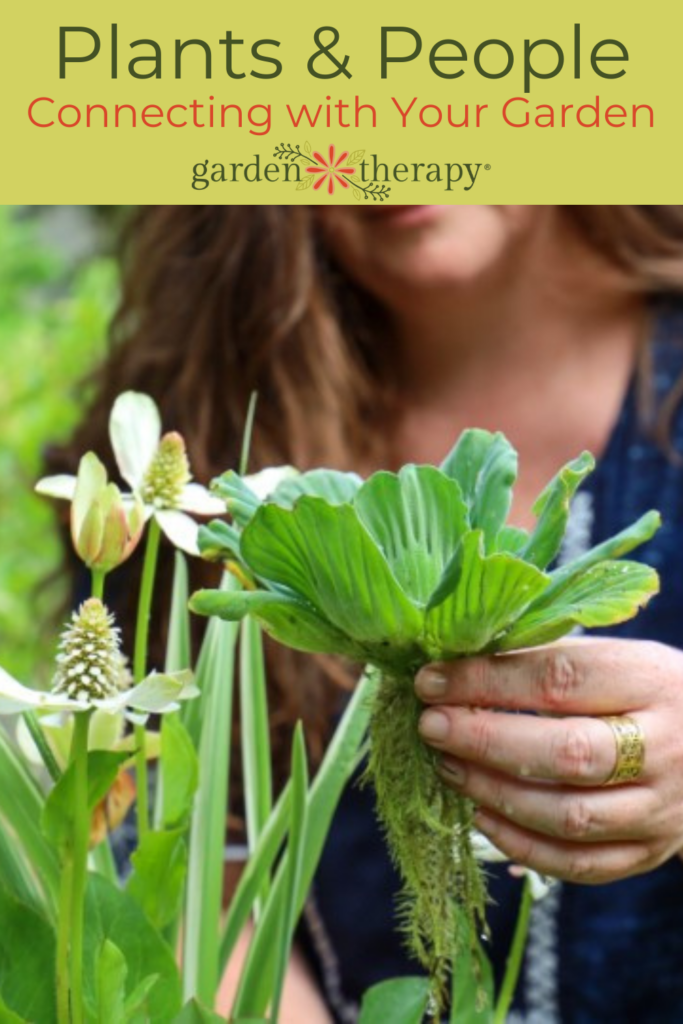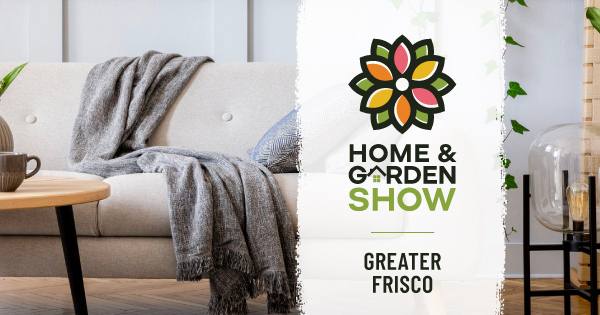If I know one thing, it’s that my garden is my one true love. There’s no one out there who can lift my spirits and welcome me so openly as the plants in my backyard. There’s a powerful connection between plants and people. Here’s how you can nurture your plant connections into a symbiotic relationship.
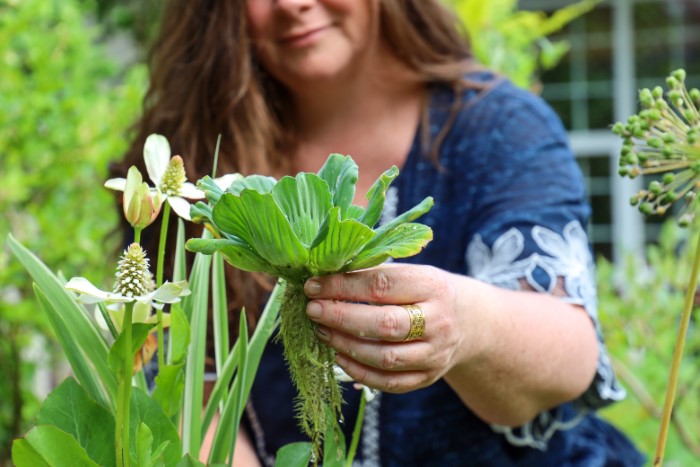
Plants and people are much more connected than you might think. A quick walk outside can immediately boost the spirits. What was once a moody, stressful day can quickly turn around after experiencing a little bit of greenery in your life.
A little while ago, I got this amazing question:
How can we emphasize the human need to be connected to plants and earth?
Humans are innately attracted to plants and nature. After all, we rely on it to survive! But if we want to deepen that plant connection, how do we do so?
The truth is…it just happens. The more time we spend with our plants and nature, the more connected we are to it. The more we learn about it, the more we want to be a part of it and protect it.
Here’s some food for thought about how plants and people are connected.
This post will talk about…
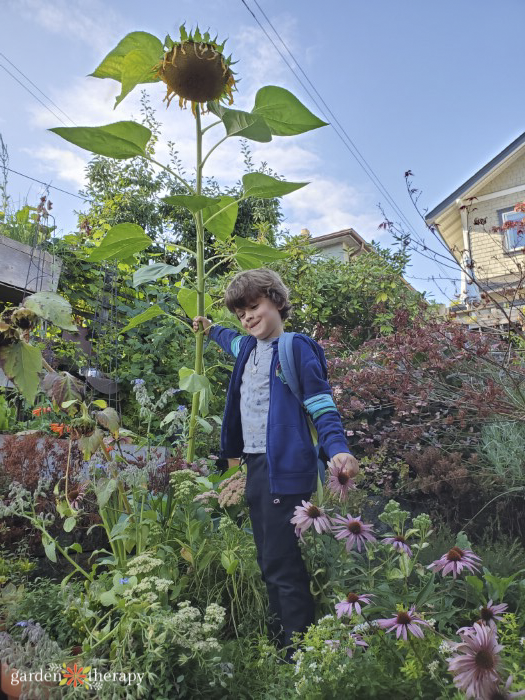
Humans are just one piece of the puzzle. We like to think that nature revolves around us, but the truth is that plants, people, animals, and insects are all part of a community.
One book that fascinated me was The Hidden Life of Trees by Peter Wohlleben. He spoke of a tree being cut down more than 400 years ago but kept alive by neighbouring trees through the root system. Perhaps it was so the other trees could rely on the tree’s genetic memory for trauma like droughts or pets, or perhaps it was just to be social.
We can learn so much from nature by seeing how it communicates and supports one another. And when we watch and listen to nature, we understand the value of forming relationships with our greater, natural community.
Imagine going out of your way to make a bee-friendly garden. You add tons of native plants that flower throughout the season. They stop by the bee bath to catch a drink, and the solitary bees make a home in the bee house you added to your fence.
Anytime you saw a bee using your hard work, it would bring you so much joy. A smile would cross your face knowing that you successfully helped the wildlife in your neighbourhood.
Nourish Your Mind, Body, Spirit
Do you have a plant baby? The hashtag #plantbabies has over 370,000 posts attached to it on Instagram. On Tik Tok, it has 35.9 million views. I never really thought plants could be trendy, but here we are. Houseplants are in!
Many younger, newer plant parents are getting very attached to plants, and really, who can blame them?
It just goes to show that these living beings do support and feed us. From how they make us feel emotionally to how they can improve our health as food or medicine, they do so much to nourish us.
Houseplants in the home are scientifically proven to lower stress levels, sharpen your attention, ease depression and anxiety, and boost productivity. Therapists use horticultural therapy to aid people in their recovery by engaging in gardening or plant-based activities.
Plants physically work with our biology, feeding us in many more ways than food.
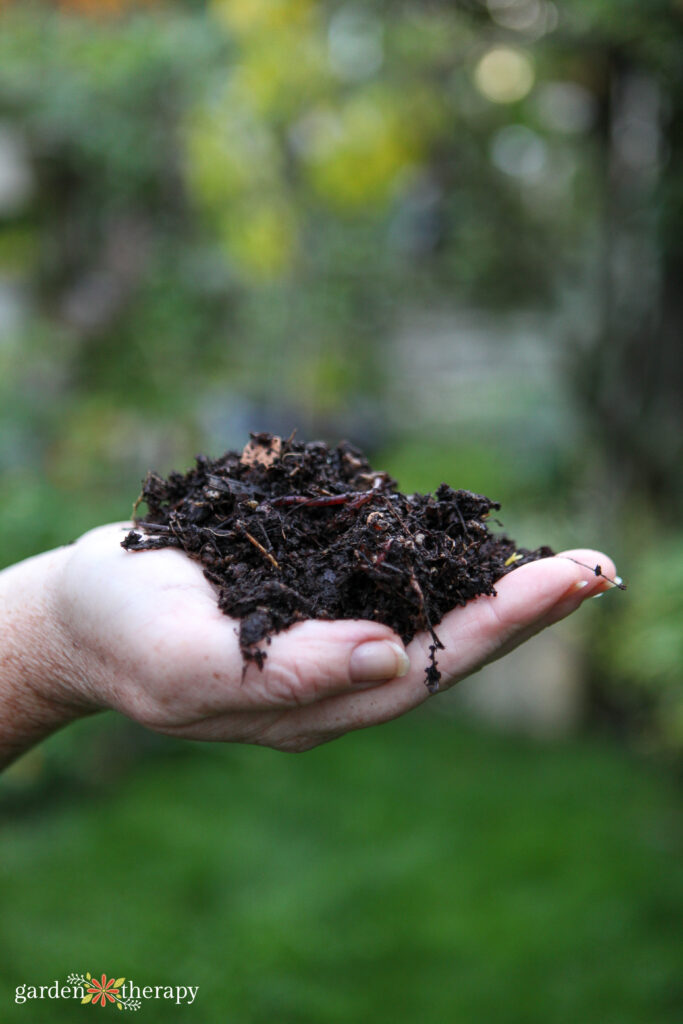
Listen to the Plants
It is believed in herbalism that plants show us what they can be used for. For instance, a rose petal has a soft, satin texture that tells us that it’s very well suited for the skin on our face. Roses are known to even out skin tone, soothe irritation, reduce puffiness, treat acne, and even reduce wrinkles.
Or have you ever noticed that walnut looks like little brains? They’re an amazing brain food. Eating walnuts is proven to help aid in better cognitive performance and memory.
Nature has all kinds of little messages out there. The plants don’t see us as anything different from them but as another member of the ecosystem. However, we think of ourselves as superior because we have consciousness.
In a New Yorker article, Peter Wohlleben said, “Most problems come from ranking, between humans, between nations, and between people and nature. Leave the ranking aside. Every life is valuable.”
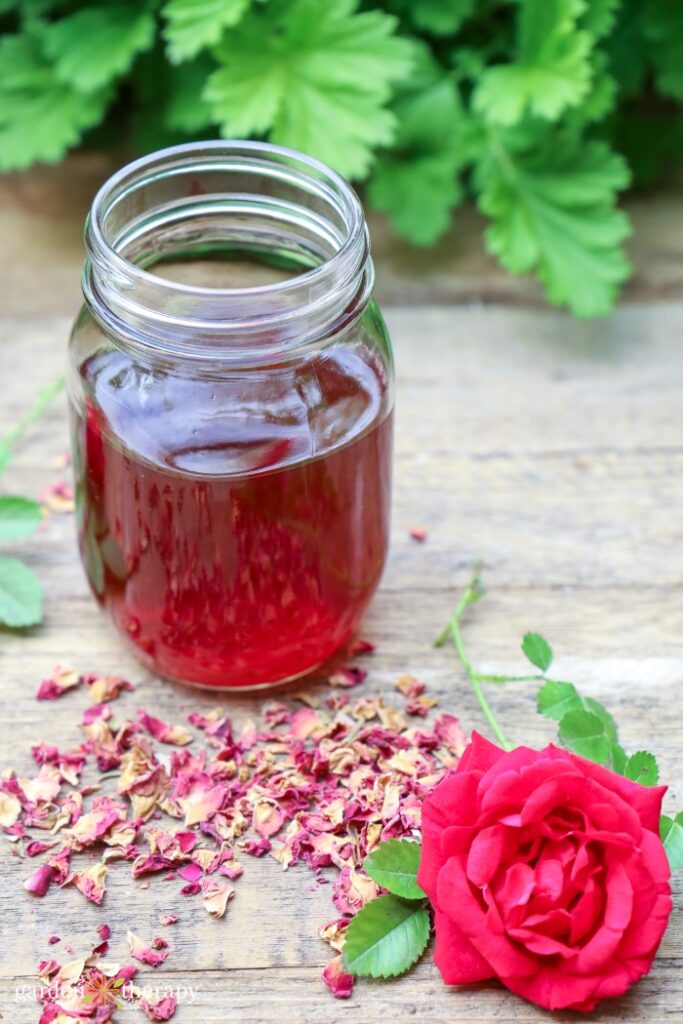
Implementing Regenerative Practices
I hate to say it, but, gosh darn, humans are entitled. We think that we must use everything. Or it’s up to protect and harvest nature for it to thrive.
But what happens when you remove us from nature? It does better. It heals from our destruction and thrives on its own, as Mother Nature has been doing since the beginning.
If there’s a space, nature will work to fill it. What we think are weeds in the garden are actually soil fixers and plants working to create life where there is none.
We don’t have to be the director of a system. Instead, we can be a member of a greater, self-sufficient system. Regenerative gardening embraces the idea that our gardens can be beautiful, self-sufficient spaces that work with the ecosystem rather than against it.
Frequently Asked Questions About Plants and People
Plants and humans both have essential needs. Like us, plants need nutrients, water, light, space, and the right temperature. They resemble our basic needs of food, water, shelter, and security.
Plants and people share an ecosystem. Plants take from us our CO2 and, in turn, provide us with food, medicine, clothing, shelter, and joy. Remember, people need plants, but plants don’t need people!
Many studies have shown that being out in nature improves mental health. All it takes is being outside to begin reaping the results. Nature and working with plants can help to lessen symptoms of anxiety and depression and lower stress levels.
Besides the mental benefits, we also rely on plants for our survival. We need them to eat and shelter us and provide us with medicine when we’re sick.
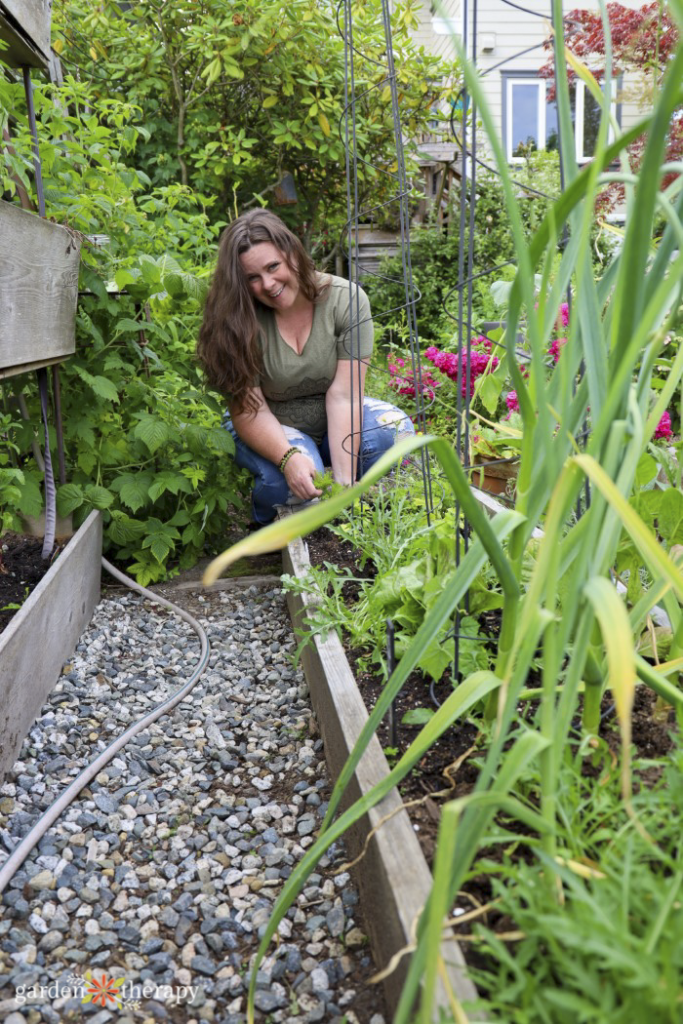
What advice do you have for those looking to deepen their relationship with plants? Let me know in the comments below. Plants and people belong together!
More Ways to Connect With Plants

